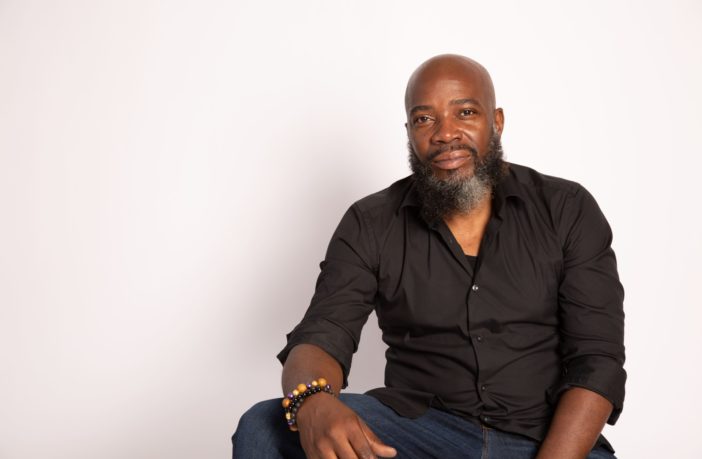Black Twitter—prior to the Elon Musk era—has been a comical, informative and a trendsetting vehicle that has translated across social media. This elite group not only speaks to the Black experience of times past and present, but it dictates it. The Black social media users who dive head first into making waves into these platforms have played a pivotal role in moving the needle on crucial conversations and cultural moments that will be hard to forget. Additionally, folks like the “Dean of Black Twitter” Michael Harriot have taken up the torch to have real dialogue about the issues that matter.
As a scholar, educator and cultural commentator, he has become a premier voice in breaking down how our shared Black history impacts us to this day in ways we haven’t even imagined.
Michael Harriot caught up with EBONY to chat about the wonder of Black history and his mission of upholding it on his new podcast Drapetomaniax: Unshackled History.
EBONY: Social media can be a tricky place to make waves in. Why did the nickname “Dean of Black Twitter” stick for you?
Michael Harriot: I’m Black, so I know that you can give yourself a nickname. Actually, I think Tiffany Cross made it up, or she may have heard it somewhere else. But I was on her show one day, and she introduced me as that, and it made sense. Throughout my career, I’ve found that I’ve always been a good explainer. As for Twitter, people would ask me to break things down, and I became like the “negro explainer” on the app. Although I was a professor and an educator, I was never an actual dean, but I think that just became my default position on Black Twitter. It’s where some people fight, 50 Cents starts beef, Dr. Seuss makes you laugh and I explain things.
As a Black person, it can be taxing to consistently break down our history for minds hesitant to accept our truths. Has this practice ever felt like a burden?
When I’m explaining some of those things, I’m not explaining them to aid white people. I am the person who’s trying to make Black people feel seen and show that we are all collectively seeing and hearing the same things. Sometimes, just explaining and saying there’s a reason why we are hearing and seeing the same things is enough for Black people to understand that their experience is not necessarily unique. We’re no longer explaining for the people who don’t know what they’re talking about.
How did the opportunity to work with Pharrell’s Other Tone for your new podcast, Drapetomaniax: Unshackled History come about?
Pharrell and I are actually friends. I’ve known him for a few years and I don’t know if I’ve ever had a conversation with him about music, even though he’s one of the dopest producers in the history of Black music. One day, I told him about this crazy idea that I have for a podcast, and he was like, “Man, we should do that.” Time passed, and I started writing a book and writing on The Amber Ruffin Show, and circled back about it every week as he mentioned the idea to the OtherTone folks. Eventually, we started the podcast and recorded a pilot. But it sat on a hard drive for three years. Finally, when I was ready, we did it, and it’s been a pleasure.
In the podcast, you work toward dismantling the sense of shame that comes from Black Americans not knowing their history. Why is this important to do? Where does it come from in general?
I learned early on in life that white people in particular aren’t any smarter or superior to the Black dudes I played kickball with in my neighborhood. But I also recognized that Black people had a subtle, subconscious deference to whiteness. I never truly understood where that came from. So often, we are fighting for [white Americans]to validate our existence, knowing full well that they don’t have the compassion, experience or the life lessons to be able to do so. Why would you ask an auto mechanic to validate your heart reading test? White people can’t validate the Black experience, but the idea that we need them to is pervasive amongst us. I think that’s part of what we’ve got to dismantle the idea that white people have this kind of rare smartness or experience that we need to emulate. They don’t have better morals or religion than us, but they prosper because they’ve constructed the system we exist in. That’s why I feel a responsibility in my work and through this podcast to explain things in this way as a means to erase our shame and subtle deference to whiteness.



